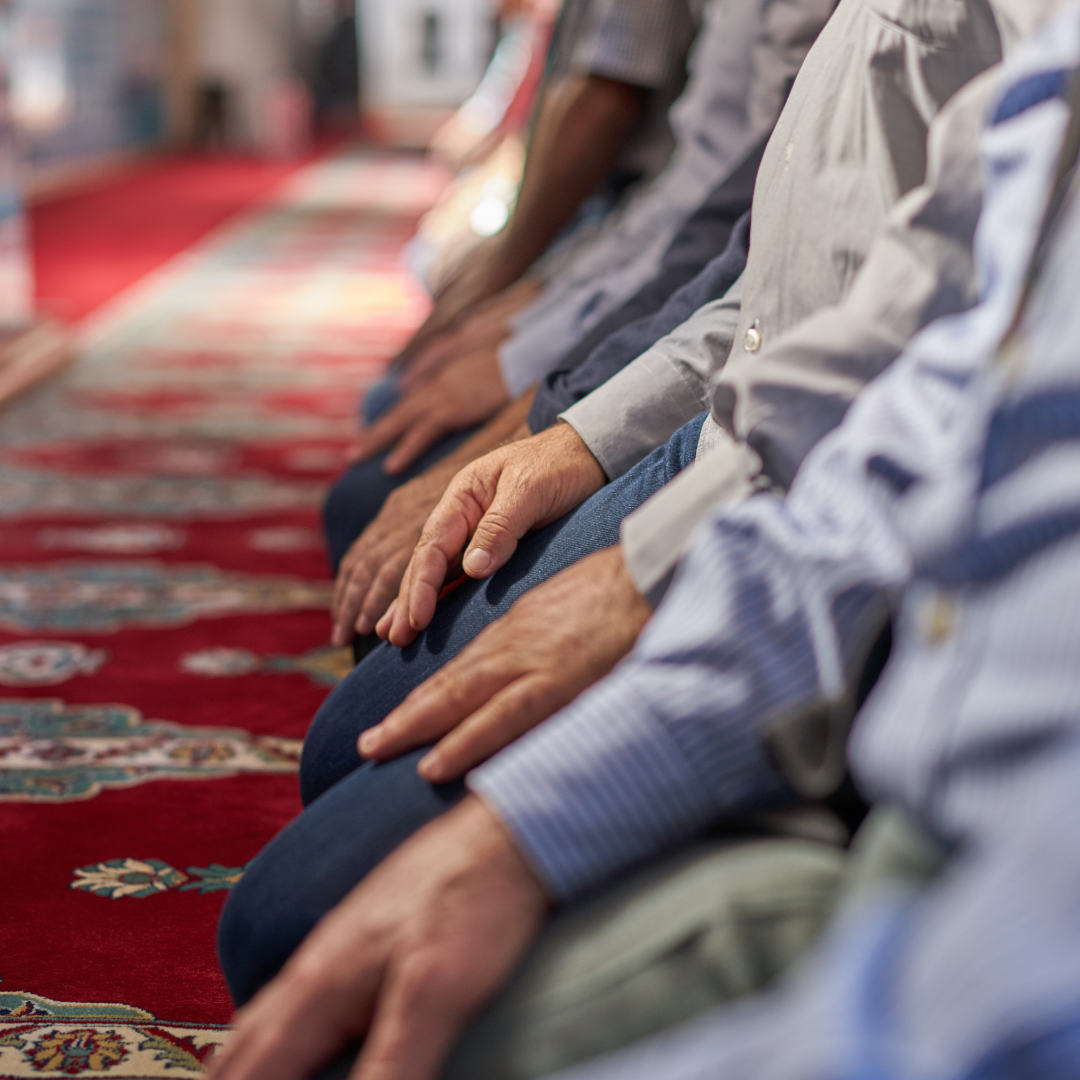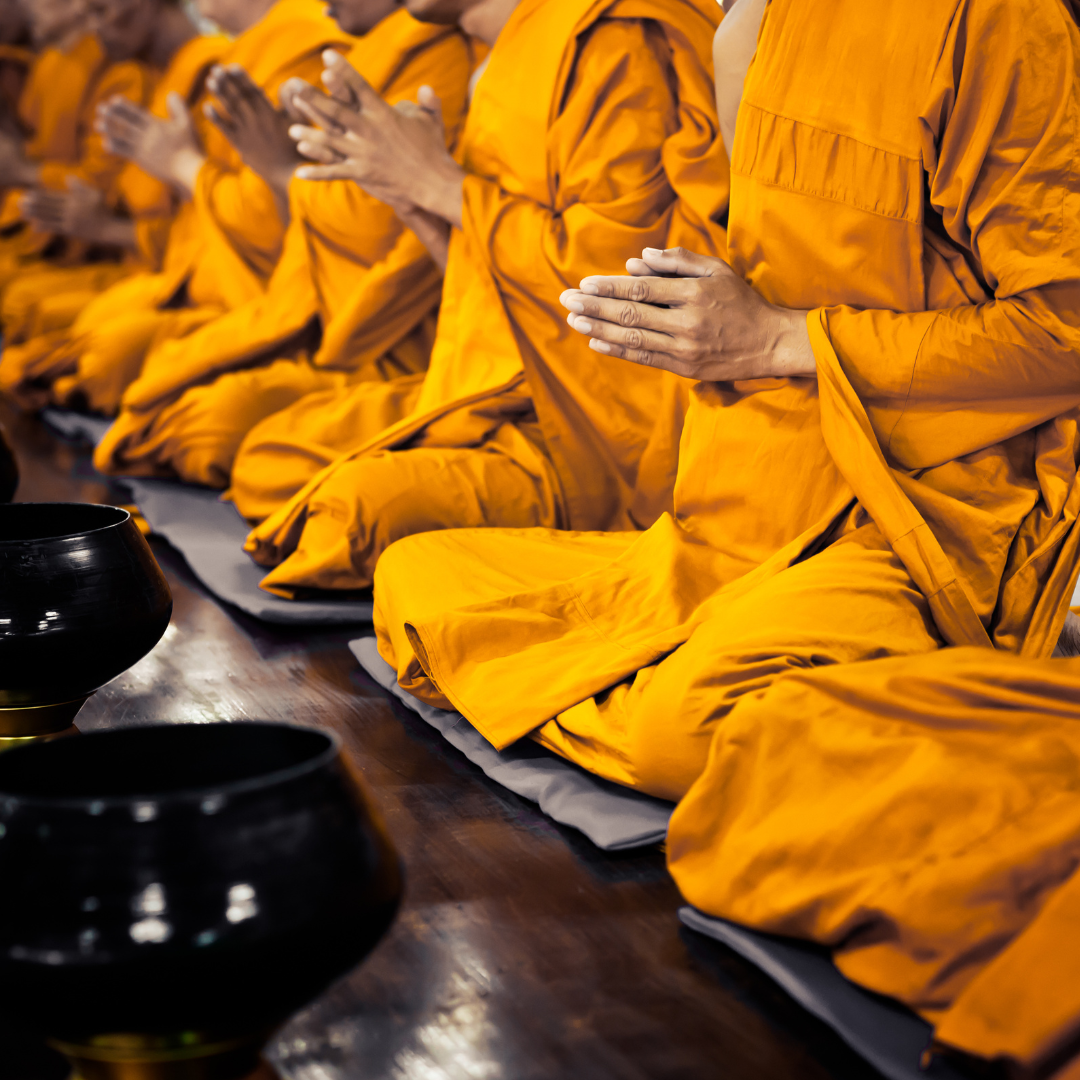The passing of a loved one is a deeply emotional experience, and for Muslims, the Janazah (funeral) prayer plays a crucial role in honoring the deceased. This prayer is not just a ritual; it is a powerful spiritual act that brings family, friends, and the broader Muslim community together to ask for mercy and forgiveness for the departed soul. Understanding the steps and significance of the Janazah prayer can help provide comfort during a difficult time. This guide will explain the Muslim funeral prayer steps, shedding light on the importance of the Janazah prayer in Islamic traditions.
What is Janazah?
In Islam, Janazah refers to the funeral process, which includes various rites and prayers aimed at preparing the deceased for the afterlife. The most important of these rites is the Janazah prayer. It is a collective prayer offered by the Muslim community for the deceased, seeking Allah’s mercy and forgiveness.
The Janazah prayer is unique in that it is performed without physical prostration or bowing, which distinguishes it from other daily prayers. Instead, it consists of a series of standing prayers, asking for the well-being of the deceased and all Muslims, both living and departed.
The Importance of the Janazah Prayer
For Muslims, the Janazah prayer is one of the last opportunities to show respect for the deceased. It is an expression of compassion, asking Allah to forgive the deceased’s sins and grant them peace in the afterlife. The prayer also reminds the living of the inevitability of death and the importance of leading a righteous life in preparation for their own eventual passing.
Additionally, offering the Janazah prayer is seen as a communal responsibility. It is considered highly meritorious to participate in the funeral prayer, as it is believed that the more people who join, the greater the benefit to the soul of the deceased.
Steps of the Janazah Prayer
The Janazah prayer is relatively simple but deeply meaningful. Here are the main steps involved:
- Preparation of the Body
Before the prayer is offered, the body of the deceased is washed, shrouded, and placed in a coffin or casket. The body is positioned in such a way that it faces the Qibla (the direction of the Kaaba in Mecca). - Gathering for Prayer
Once the body is ready, the funeral prayer begins. The community gathers at the mosque or burial site, and the deceased’s body is placed before the congregation. - Standing and Intention
The prayer leader (Imam) stands in front of the body. All attendees stand in rows behind the Imam, facing the Qibla. The Janazah prayer begins with a declaration of the intention to perform the prayer. The congregation silently prepares themselves to pray. - The Takbir (Opening Takbir)
The Janazah prayer begins with the Imam saying “Allahu Akbar” (Allah is the Greatest), and the congregation follows by repeating the same phrase. - Recitation of Prayers
After the opening Takbir, the following prayers are recited by the Imam and the congregation:- The Salat Alan-Nabi: A prayer for the Prophet Muhammad (PBUH), asking for blessings upon him.
- The Dua for the Deceased: This is the main prayer, asking Allah for mercy and forgiveness for the deceased. It typically includes the following words:
“O Allah, forgive our living and our dead, those present and those absent, our young and our old, our males and our females. O Allah, those of us whom You keep alive, keep us alive in Islam, and those of us whom You take, take us in faith.” - The Dua for All Believers: A prayer for all Muslims, living and deceased, asking for peace and guidance for everyone.
- The Final Takbir
After the prayers, the Imam raises his hands and says the final Takbir: “Allahu Akbar.” The congregation repeats the phrase, and the prayer is concluded. - Burial
Following the Janazah prayer, the deceased is taken to the burial site, where the body is lowered into the grave. Family members and friends may offer additional prayers or recite verses from the Qur’an at the gravesite, as a way to continue honoring the departed soul.
The Spiritual Significance of Janazah
The Janazah prayer is deeply spiritual. For Muslims, it is a way to express collective support for the deceased and their family. It serves as a reminder that death is not the end but rather a transition into the afterlife. The Janazah prayer offers solace, reminding us that life is fleeting and that we must live with the consciousness of the Hereafter.
It is also an act of solidarity. The community comes together in this time of grief to offer prayers, share in the sorrow, and support the family of the deceased. The unity demonstrated during the Janazah prayer is a powerful expression of the strength of the Muslim ummah (community).
Understanding the Janazah prayer provides a meaningful way to honor the traditions of Islam and offer support to those who are grieving. It is not just a ritual; it is a heartfelt plea for mercy and forgiveness for the deceased. By participating in the Janazah prayer, Muslims strengthen their bonds with one another and reaffirm their belief in the afterlife. For those experiencing the loss of a loved one, the Janazah prayer serves as a reminder of the community’s support and the eternal peace that awaits the deceased.





